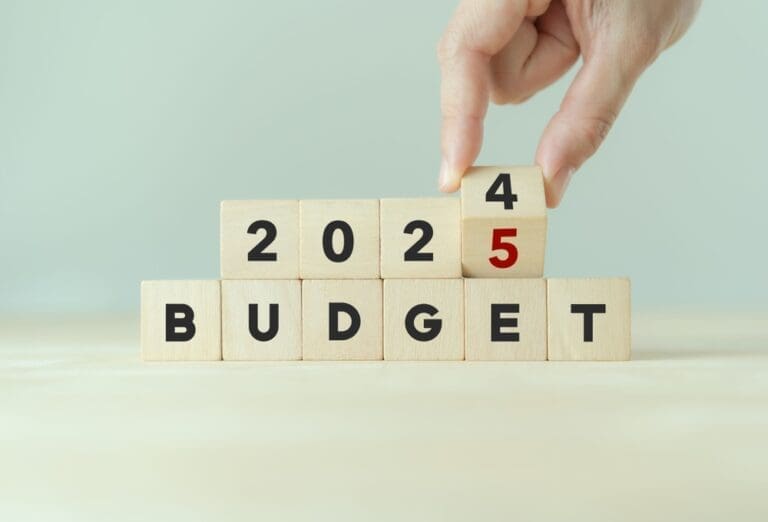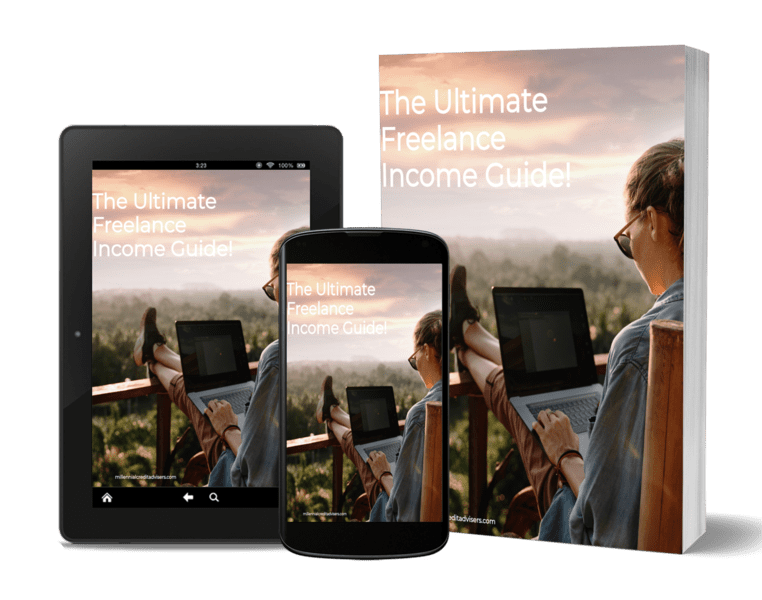Financial Freedom for Millennials – Creating and Sticking to a Sustainable Budget. Find Out More In Our Latest Article!
THIS ARTICLE MAY CONTAIN AFFILIATE LINKS, MEANING I GET A COMMISSION IF YOU DECIDE TO MAKE A PURCHASE THROUGH MY LINKS AT NO COST TO YOU. PLEASE READ MY AFFILIATE DISCLOSURE FOR MORE INFO.
DON’T HAVE TIME TO READ THE FULL ARTICLE. HERE’S WHAT YOU ARE MISSING. Find Out More In Our Latest Article!
Like millions of others, many millennials aspire to financial freedom, but it can be daunting to figure out where to start.
Creating a sustainable budget is crucial to achieving financial freedom but requires careful planning and discipline.
Understanding financial freedom is the first step towards achieving it. Financial independence means having enough money to live the life you want without worrying about money.
It means having the freedom to make choices that align with your values and goals.
To achieve financial freedom, you must assess your current financial health, create a sustainable budget, reduce expenses, increase your income, save and invest, stay disciplined, and adapt to monetary changes.
This article provides practical tips, strategies, and a detailed guide to creating a sustainable budget and achieving financial freedom.
Understanding Financial Freedom

Defining Financial Freedom
Financial freedom refers to the ability to live comfortably without worrying about money. It means having enough money to cover your basic needs and the freedom to pursue your passions and interests without being held back by financial constraints.
Financial freedom is significant for millennials because of their unique challenges. They are burdened with student loan debt, a challenging job market, and the rising cost of living. Financial freedom can help them overcome these obstacles and create a better future.
Importance for Millennials
Financial freedom is crucial for millennials because it allows them to take control of their lives and create the future they want. By creating a sustainable budget and sticking to it, we can achieve our financial goals and build a solid foundation for our future.
Moreover, financial freedom allows millennials to pursue their passions and interests without being held back by financial constraints. It will enable us to travel, start a business, or pursue further education without worrying about money.
Understanding financial freedom is crucial for millennials. By defining financial freedom and understanding its importance, millennials can take control of their finances and create a better future for themselves.
Assessing Your Current Financial Health
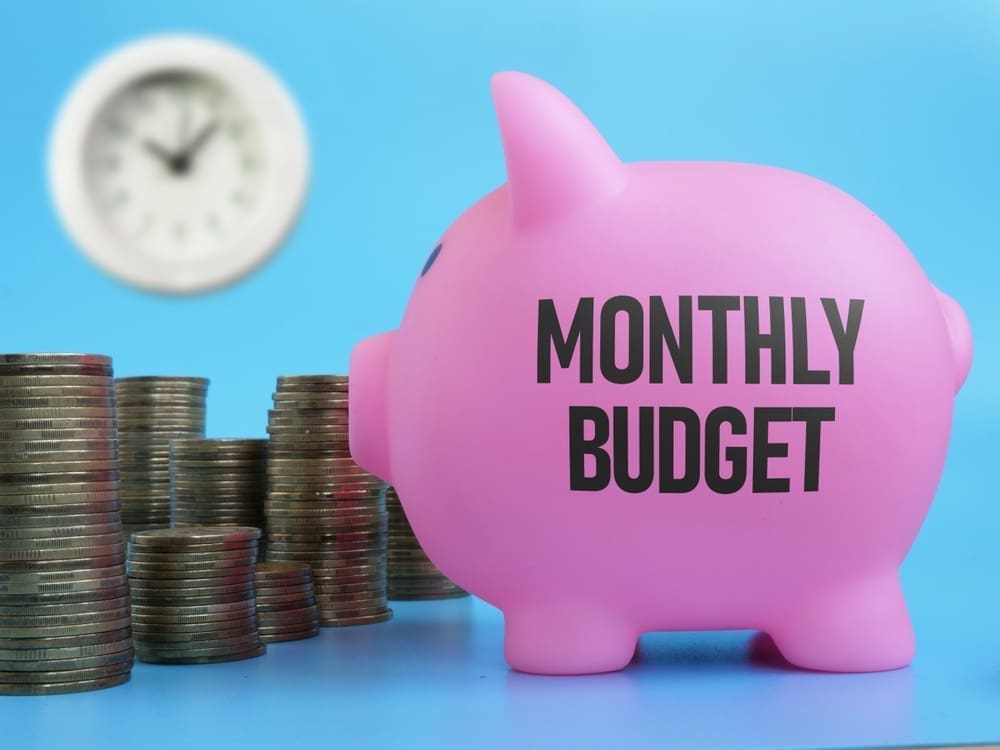
Assessing your financial health is essential before creating a sustainable budget. This will help you understand your financial situation and what changes you need to make to achieve financial freedom.
Analyzing Income and Expenses
The first step in assessing your financial health is to analyze your income and expenses. Start by listing all your sources of income, including your salary, side hustles, and any passive income. Then, list all your monthly payments, including rent, utilities, groceries, transportation, entertainment, and any other bills.
Once you have a clear picture of your income and expenses, you can determine if you’re living within your means or spending more than you earn. You’ll need to adjust your spending habits if you spend more than you earn.
Net Worth Calculation
Calculating your net worth is another important step in assessing your financial health. Your net worth is the difference between your assets and liabilities. Assets include savings, investments, and property, while liabilities include debts and loans.
To calculate your net worth, subtract your liabilities from your assets. If your net worth is positive, you have more assets than liabilities, which is a good sign. However, if your net worth is negative, you owe more than you own, and you’ll need to work on paying off your debts and building your assets.
Analyzing your income and expenses and calculating your net worth can help you understand your financial health. This will help you create a sustainable budget and make the necessary changes to achieve financial freedom.
Creating a Sustainable Budget
For millennials, creating a sustainable budget is crucial to achieving financial freedom. It involves setting realistic financial goals and controlling spending habits. In this section, I will discuss some budgeting basics, tools, and resources to help you create and stick to a sustainable budget.
Budgeting Basics
Before creating a budget, it is essential to understand your income and expenses. Start by tracking your spending for a few weeks or months to identify areas where you can cut back. Once you have a clear picture of your spending habits, you can create a budget that works for you.
When creating a budget, it is essential to prioritize your expenses. Start with your fixed expenses, such as rent, utilities, and debt payments. Then, allocate a portion of your income towards savings and investments. Finally, funds should be allocated for discretionary expenses such as entertainment and dining out.
Remember to be realistic when creating your budget. Don’t set unrealistic goals that you cannot achieve. Instead, start small and gradually increase your savings and investment goals as you become more comfortable with your budget.
Tools and Resources for Budgeting
There are several tools and resources available that can help you create and stick to a budget. Here are some of my favorites:
- PocketGuard vs Empower: PocketGuard and Empower are two budgeting apps that help you identify unnecessary expenses, set realistic budgets, and stay on track toward your financial goals
- YNAB: You Need a Budget (YNAB) is a paid app that helps you create and stick to a budget by giving you a clear picture of your finances.
- EveryDollar: EveryDollar budgeting app helps users allocate every dollar with intention, ensuring that each cent contributes to their financial goals.
In addition to these apps, several online budgeting templates and worksheets can help you create a sustainable budget.
By following these budgeting basics and utilizing tools and resources, you can create a sustainable budget that works for you and achieves financial freedom.
Strategies for Reducing Expenses
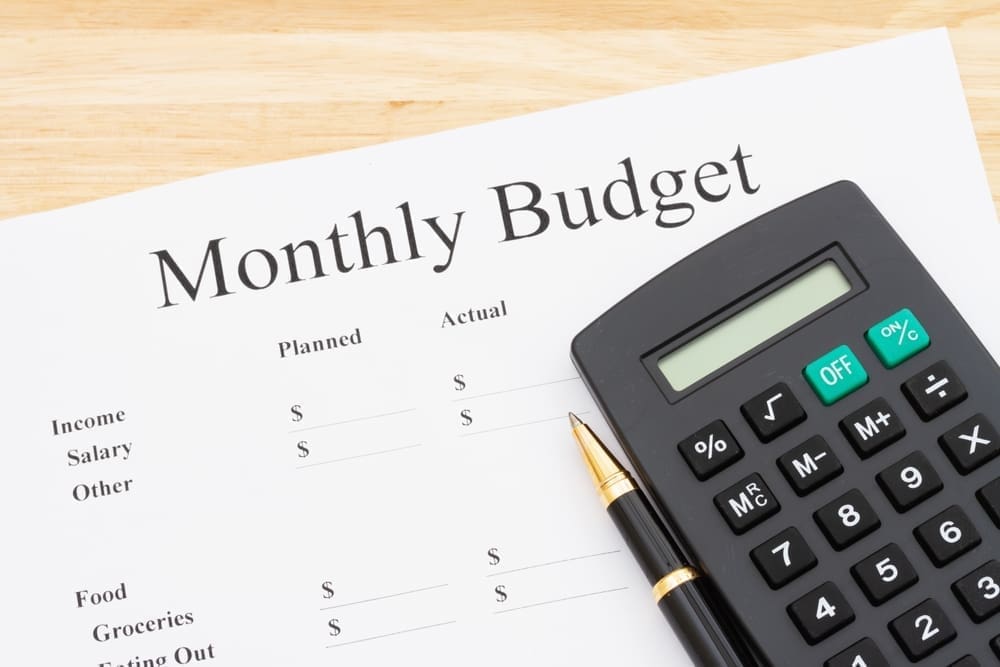
Cutting Unnecessary Costs
One of the most effective ways to reduce expenses is to eliminate unnecessary costs. To do this, review all monthly expenses and identify areas where spending can be cut. For example, consider canceling subscriptions for services that are not being used or reducing the frequency of dining out. Additionally, consider purchasing generic brands instead of name brands to save money on groceries.
Another way to cut costs is to reduce transportation expenses. Carpool or use public transportation instead of driving alone, and consider walking or biking to nearby destinations instead of driving.
Negotiating Bills and Subscriptions
Another way to reduce expenses is to negotiate bills and subscriptions. Many companies are willing to negotiate rates, especially if a customer has been with them for a long time. For example, call your cable or internet provider and ask if any promotions or discounts are available. If you are unsatisfied with the response, consider switching to a different provider.
Similarly, consider negotiating subscription services such as gym memberships or streaming services. Many companies offer discounts or promotions for new customers but may also be willing to extend these offers to existing customers who ask.
Implementing these strategies makes it possible to significantly reduce monthly expenses and create a sustainable budget.
Increasing Your Income

Side Hustles and Gigs
One effective way to increase your income is by taking on side hustles or gigs. These can be anything from freelance work to selling products online. Popular side hustles include driving for ride-sharing services, on-demand food delivery, pet-sitting, or selling handmade crafts on Etsy. You can earn extra income by taking on a side hustle while maintaining your full-time job or other commitments.
Career Advancement
Another way to increase your income is to advance in your career. You can do this by seeking promotions or taking on additional responsibilities at work. Consider taking courses or attending workshops to improve your skills and knowledge in your field. Networking with colleagues and industry professionals can help you find new opportunities and advance your career.
Overall, increasing your income is an essential step towards achieving financial freedom. By taking on side hustles and gigs or advancing your career, you can improve your earning potential and create a sustainable budget.
Saving and Investing

Emergency Funds
As a millennial, it is essential to have an emergency fund. This fund should be easily accessible and cover at least three to six months of living expenses. This will provide a safety net in case of unexpected expenses or job loss. One way to build this fund is to set aside a portion of your monthly income until you reach your desired amount. Another option is to use a high-yield savings account that earns interest while keeping your money easily accessible.
Investment Principles for Millennials
Investing can be intimidating, but it is essential to achieving financial freedom. As a millennial, it is crucial to start investing early and consistently. One way to do this is through a retirement account such as a 401(k) or IRA. These accounts offer tax benefits and can help you save for retirement.
When investing, it is essential to diversify your portfolio. This means investing in various assets, such as stocks, bonds, and real estate, to spread risk. Researching and investing in companies that align with your values and have a strong track record is also essential.
In addition, it is essential to avoid making emotional decisions when investing. This means avoiding the temptation to buy and sell based on short-term market fluctuations. Instead, focus on long-term goals and stick to a consistent investment strategy.
Overall, saving and investing are important steps toward achieving financial freedom. Millennials can ensure a secure financial future by building an emergency fund and investing early and consistently.
Staying Disciplined
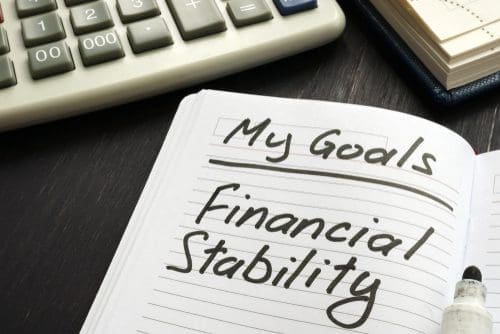
Creating a sustainable budget is the first step towards financial freedom as a millennial. Staying disciplined and sticking to the budget is equally important. Here are some tips to help you stay on track:
Goal Setting
Setting specific and achievable financial goals is crucial to staying disciplined. Start by identifying your short-term and long-term financial goals. Short-term goals include paying off credit card debt or building an emergency fund, while long-term goals may include saving for a down payment on a house or planning for retirement.
Once you have identified your goals, break them into smaller, actionable steps. For example, if you want to pay off credit card debt, set a specific amount to pay off each month and stick to it. Tracking your progress toward your goals will help you stay motivated and focused.
Monitoring Progress
Regularly monitoring your progress is essential to staying on track with your budget. Use a budgeting app or spreadsheet to track your income and expenses. Review your budget weekly or monthly and make adjustments as needed.
It’s also essential to hold yourself accountable for your spending. Avoid impulse purchases and stick to your budgeted amounts for each category. Consider using cash envelopes or a debit card with a set limit for each category to help you stay within your budget.
Staying disciplined is key to achieving financial freedom as a millennial. By setting specific goals and monitoring your progress, you can keep on track with your budget and achieve your financial goals.
Adapting to Financial Changes
As a millennial, it’s essential to be prepared for financial changes that may occur in your life. Adapting to these changes can be challenging, but it’s crucial to maintain your financial freedom.
Here are some tips to help you adjust to financial changes:
Dealing with Debt

Debt can be overwhelming, but it’s important to tackle it head-on. Start by creating a budget and allocating some of your income to pay off your debt. Consider consolidating your debt into one payment to make it more manageable. Additionally, try to avoid taking on new debt and focus on paying off your current debt as soon as possible.
Planning for Major Life Events
Major life events like purchasing a home or starting a family can significantly impact your finances. Therefore, it’s essential to plan and budget accordingly. Consider creating a separate savings account for these events and contributing regularly. Research and compare prices to ensure you’re getting the best deal.
Adapting to financial changes is essential to achieving financial freedom. By managing debt and planning for significant life events, you can take control of your finances and achieve your financial goals.
Frequently Asked Questions
How can the 50/30/20 rule be applied to manage personal finances effectively?
The 50/30/20 rule is an effective way to manage personal finances. It suggests that 50% of your income should be spent on necessities, 30% on discretionary spending, and 20% on savings and debt repayment. By following this rule, you can ensure you live within your means while saving for the future.
What are the top strategies for Millennials to achieve financial independence?
There are several strategies that Millennials can use to achieve financial independence. These include living below your means, creating a budget and sticking to it, paying off debt, saving for emergencies, and investing for the future. By implementing these strategies, you can take control of your finances and work towards achieving your financial goals.
What are the key steps to creating a budget that supports long-term financial goals?
The key steps to creating a budget that supports long-term financial goals include determining income and expenses, identifying financial goals, prioritizing spending, tracking expenses, and adjusting your budget. A budget that aligns with these goals ensures that you are on the right track toward achieving financial freedom.
In what ways can Millennials diversify their income streams to build wealth?
Millennials can diversify their income streams in several ways, including starting a side hustle, investing in stocks or real estate, renting a spare room on Airbnb, or freelancing. Doing so can increase their earning potential and build wealth over time.
What are common budgeting mistakes to avoid for maintaining a sustainable financial plan?
Common budgeting mistakes to avoid include not tracking your expenses, overspending on discretionary items, not saving for emergencies, and not adjusting your budget as necessary. By avoiding these mistakes, you can maintain a sustainable financial plan and work towards achieving your financial goals.
How important is it for Millennials to invest early, and what options should they consider?
Investing early is crucial for Millennials who want to achieve financial independence. Early investments can take advantage of compound interest and build wealth over time. Some options include stocks, mutual funds, or real estate. Before making any investment decisions, it’s essential to do your research and consult with a financial advisor.
Disclaimer: Millennial Credit Advisers is not a licensed credit service provider or financial advisor. We don’t offer credit repair, debt management, or legal services. Educate yourself on saving, reducing debt, and managing credit for economic improvement. Understand credit reports, scores, and financial products. Consult a financial advisor for personalized advice. Track your progress for a better credit journey.
Written content: Please view our full AI Use Disclosure.
We improve our products and advertising by using Microsoft Clarity to see how you use our website. By using our site, you agree that we and Microsoft can collect and use this data. Our privacy policy has more details.

